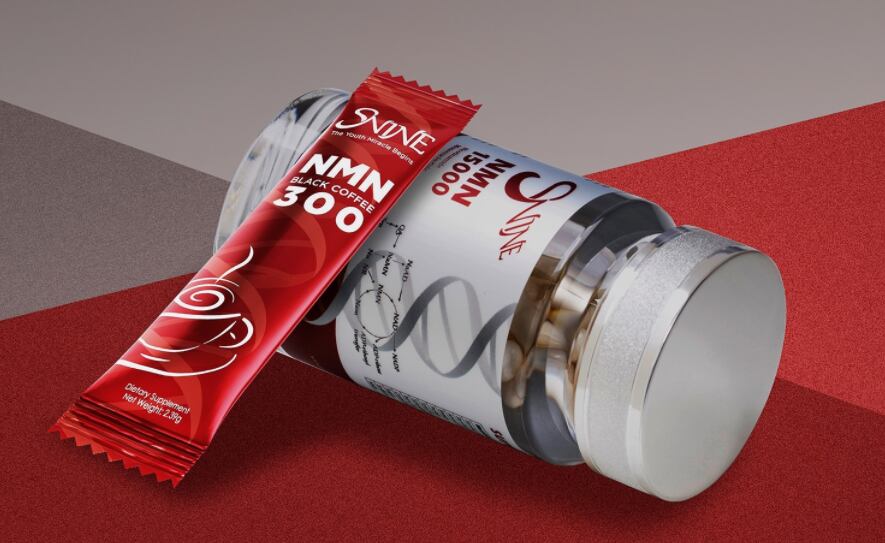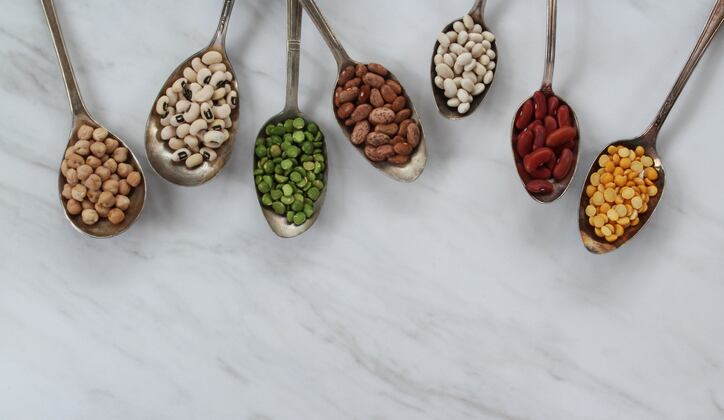Chromadex announced in late September that Sinopharm Xingsha Pharmaceuticals will be distributing Tru Niagen into China.
Tru Niagen contains Chromadex’s patented nicotinamide riboside (NR) ingredient known as Niagen.
Niagen, a form of vitamin B3, is derived from natural milk and is the precursor of NAD+.
Supplementation of Niagen has been shown to boost the body's level of NAD+, which is a co-enzyme in the human body and is responsible for regulating metabolism, producing energy, and contributing to DNA repair.
The patented ingredient has been backed by 13 published human clinical studies.
Today, Tru Niagen is already available in China via cross-border e-commerce (CBEC) platforms, including T-mall, JD, WeChat, and Kaola.
According to CEO Rob Fried, plans for the partnership began last year.
“Approximately one year ago, we at Chromadex internally discussed who would be the best partner that we could possibly find to help us distribute Tru Niagen into China…
“One of our board members reached out to them [Sinopharm Xingsha] and to our surprise, there were many senior executives that were already taking Tru Niagen, so they were interested.
“They then spent a long period of time, numerous months, reviewing the scientific literature that existed about Tru Niagen,” Fried told NutraIngredients-Asia, adding that the team at Sinopharm Xingsha had been assessing the safety and efficacy of the product during the process.
“When they realised what an opportunity it would be, we then entered into serious discussions about doing business together.”
Both companies will also collaborate to secure the Health Food Registration for the product, which Fried said would help open up the offline retail channels.
Ripe time
Since the middle of last year, there has been a sudden interest in nicotinamide mononucleotide (NMN) products in China for its longevity claims.
Also a form of vitamin B3, manufacturers of NMN similarly claimed that their products could increase the body’s NAD+ levels.
Asked how would NMN pose a challenge to NR, Fried said the opposite would be true instead and explained that the company’s NR products would benefit from the increased consumer awareness of NAD+.
“We do not see the presence of NMN [in China] as a challenge. We see the presence of NMN as an opportunity.
“People who are taking NMN are likely to be now aware of the value of NAD+ and the impact of diminished NAD+ levels on our bodies as we age. So, they have already managed to create an interest level and awareness level,” he said.
Watch the video to find out more.




